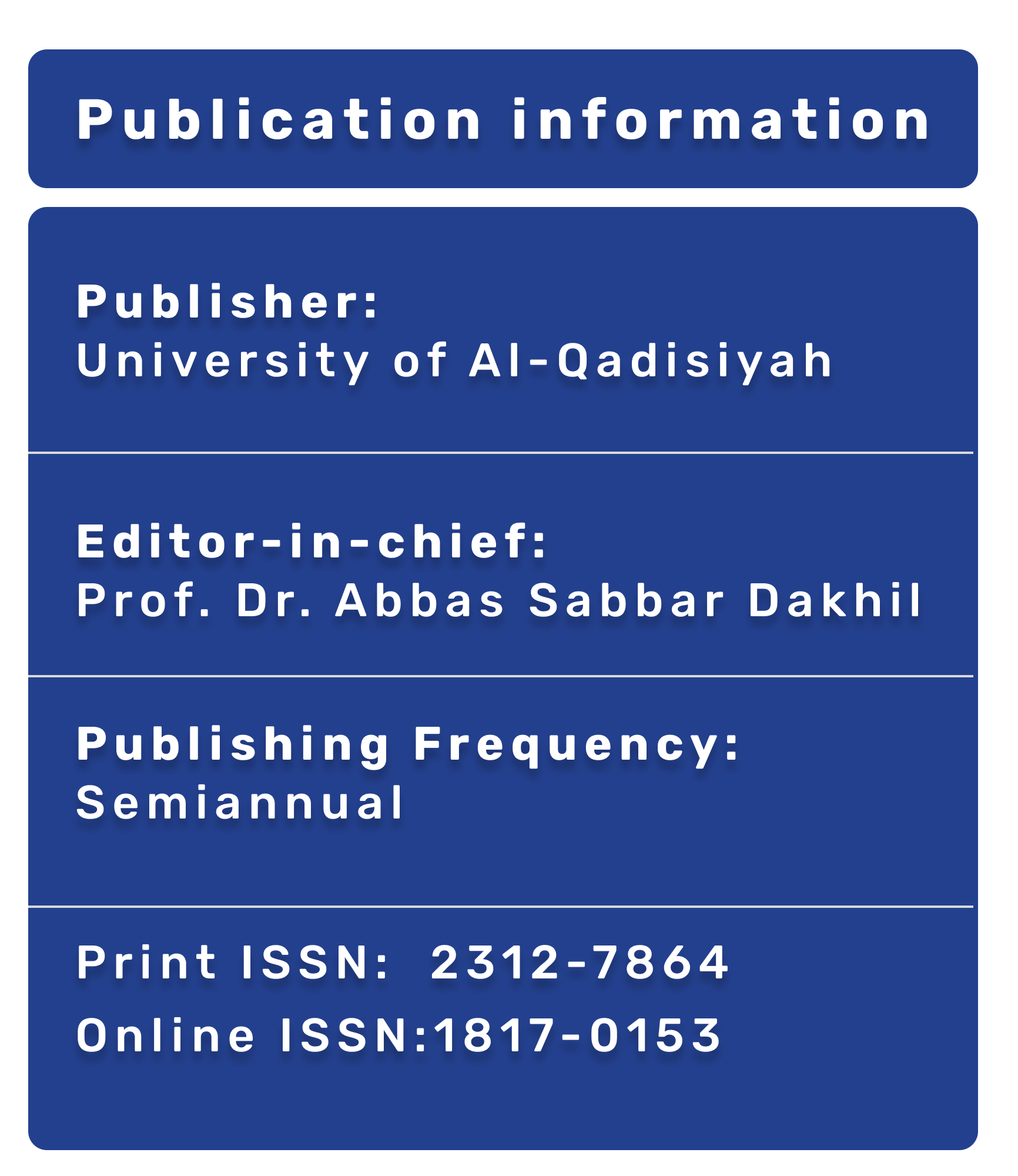Antibiotics susceptibility profile of multidrug resistant isolates of Pseudomonas aeruginosa
DOI:
https://doi.org/10.28922/qmj.v18i2.805Abstract
Background: Pseudomonas aeruginosa is an opportunistic human pathogen cause most healthcare-associated infections and is considered a paradigm of antibiotic resistance.
Objective: The present study aimed to determine the antibiogram profile of multidrug-resistant isolates of P. aeruginosa isolates collected from Baghdad hospitals.
Methods: In a cross-sectional manner, P. aeruginosa isolates were collected from various clinical samples between December 2021 to June 2022. were defined as those resistant to at least one anti-pseudomonal agent in three or more classes. The Kirby-Bauer disk diffusion method tested one hundred isolates of P. aeruginosa for susceptibility to 24 anti-pseudomonal agents. Multiple-resistant isolates.
Results: The results showed that out of 2000 specimens, 100 isolates of P. aeruginosa were recovered and accounted for 5% of hospitalized infection isolates. The results showed high resistance against most antipseudomonal drugs. The results showed high resistance against Amikacine 77%, Ciprofloxacin 65%, Gentamicin 80%, Meropenem 82%, Levofloxacin 77%, Ofloxacin 78%, Tobramycin 80%
Conclusion: the present study proved that P. aeruginosa isolated had carbapenem-resistant genes that strongly correlated with antibiotic resistance according to phenotypic and genotypic characterization.








